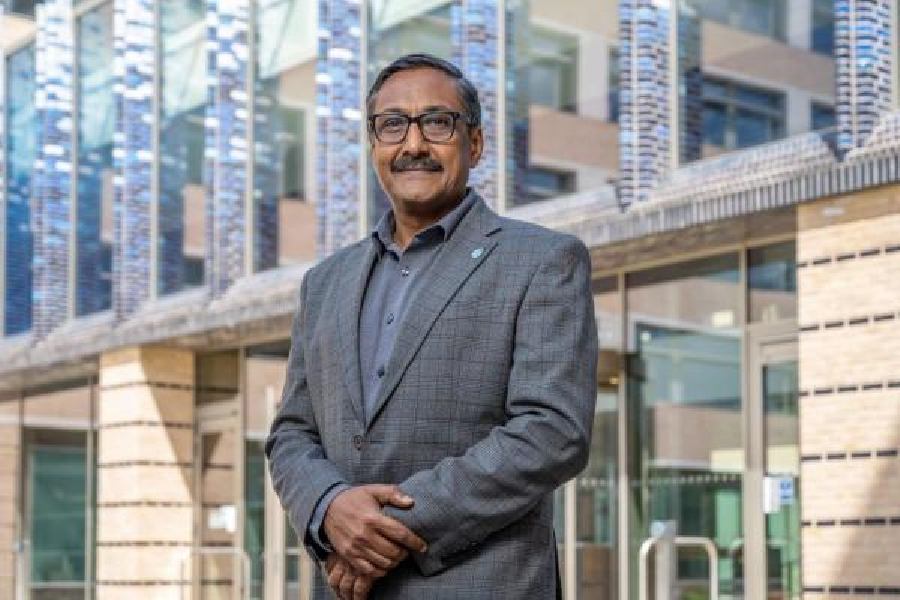The future will need more job creators and, for that, one has to create an entrepreneurial mindset, said the South Asia head of Cambridge University Press & Assessment.
His advice was against depending entirely on the government to create jobs.
“Think about what India would need in the future. We need more job creators. If we are going to have 50 per cent of our population between 18 and 30 years of age in 2030-32, we cannot depend on the government to create jobs,” said Arun Rajamani, managing director, Cambridge University Press & Assessment (CUPA), South Asia.
“How do we create the mindset of entrepreneurs or entrepreneurship with students at a young age, so that they can start to pursue entrepreneurship as a career option or they can pursue innovation as a course. That is a mindset we would like to bring in.”
A start-up, he said, can create at least five jobs.
“A job seeker is taking one job and a job creator is at least creating five jobs. In the future, if we are looking at the number of youth in the country who need to be employed gainfully with the skills that potentially can fill the job market, our ecosystem or jobcreation in the traditional model will not work,” said Rajamani, who was in the city on Wednesday.
“We can’t have enough large companies continuing to expand their capital, infrastructure and their capacity to cater to the job market. So we need more and more small entrepreneurs who can come back and create jobs that are innovative....”
CUPA is offering entrepreneurship through the Young Pioneers programme.
Rajamani stressed the need to learn continuously because it won’t be long before people would have to make “perpendicular shifts” in their careers twice, thrice or maybe more.
One could be an engineer today and a climate scientist the next day, he said, flagging the need to be open to application-oriented learning.
“Careers have become non-linear. It won’t be long before people make perpendicular shifts in their careers twice, thrice or maybe more, during their lifetime. So at each stage, they are going to learn something new to be relevant. That is only going to come through where theycan inculcate a sense of lifelong learning and not just study for one exam,” saidRajamani.
During the 40-minute interaction with The Telegraph, Rajamani said the problem of climate change has gone beyond board room discussions.
“The generation that needs to solve the problem are the students of today. They need to be empowered with the knowledge, skills and mindset to deal with climate change. We are bringing that skill into the classroom through a programme called Climate Quest,” he said.
Another skill that CUPA has incorporated is English language proficiency through a programme called the Integrated Learning and Assessment.
More and more people from India would be in the talent pool for the world, he said. “Not necessarily because they migrate to another country but the workforce will become more global.”
“The language that isgoing to link all of them together is English. We realise that a lot of students today, as they undergo English language learning in the classroom, often do not acquire the skills required to be proficient,” he said.
One could score 100 per cent but learn only two skills: reading and writing.
“That’s not sufficient for me to be a good person in communicating in English. I may not be able to speak out or listen. English skills need to be taught alongside the subject in the classroom,” he said.










